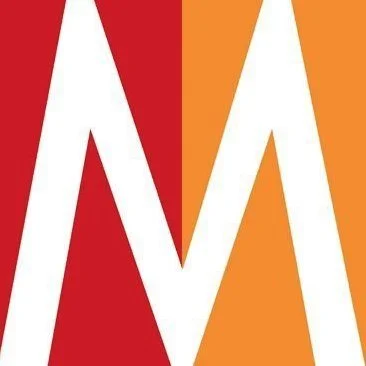DIGITAL ROUNDUP

OpenAI formally announces advertising for ChatGPT
OpenAI have made their move to start to roll out an advertising solution within 2 tiers of their ChatGPT product.
As somewhat expected, there are a few catches to it. First of all the testing will occurs for a limited set of advertisers in the US geo only across the free & Go tiers of ChatGPT. Ads will be shown at the bottom of an answer which will align to the context of the conversation. There will also be safeguards to stop ads being shown to under 18s as well as against sensitive verticals. Text and image based ads look to be supported at first.
The actual flow of this ads solution is likely to replicate the early days of Google / Meta, where the proposition of a full funnel marketing self service ad platform did not exist alongside the base features we take for granted today like conversion tracking. But the under the hood dynamics of this ad auction will be very interesting to see how OpenAI goes about it, in terms of a CPC click model or something more sophisticated. The current rumour suggests that a CPM approach may be taken, with values as high as $60 CPM somewhat comparable to how Netflix came to market with their ads solutions.
Is this the start of a new age of paid advertising that can take on the big guys? The answer is subjective but ultimately ChatGPT has a fairly healthy userbase that is still a place for advertisers to consider their marketing investment against. But no ad platform is perfect from day one nor has a self serve model, so having the right testing mindset alongside more broader measurement will be key, especially with what OpenAI's competitors will eventually do. Measurement will be critical, which is not just a conversion play with query parameters, pixels or conversion APIs. Which for performance marketers who do get to test this, may need to take a more experimentation approach to judging success.
Read the full story From the Feed
From the Feed


Geneanet: Driving Paid Search Innovation

